Genomic and transcriptomic determinants of response to neoadjuvant therapy in rectal cancer Journal Article
| Authors: | Chatila, W. K.; Kim, J. K.; Walch, H.; Marco, M. R.; Chen, C. T.; Wu, F.; Omer, D. M.; Khalil, D. N.; Ganesh, K.; Qu, X.; Luthra, A.; Choi, S. H.; Ho, Y. J.; Kundra, R.; Groves, K. I.; Chow, O. S.; Cercek, A.; Weiser, M. R.; Widmar, M.; Wei, I. H.; Pappou, E. P.; Nash, G. M.; Paty, P. B.; Shi, Q.; Vakiani, E.; Selcuklu, S. D.; Donoghue, M. T. A.; Solit, D. B.; Berger, M. F.; Shia, J. R.; Pelossof, R.; Romesser, P. B.; Yaeger, R.; Smith, J. J.; Schultz, N.; Sanchez-Vega, F.; Garcia-Aguilar, J. |
| Article Title: | Genomic and transcriptomic determinants of response to neoadjuvant therapy in rectal cancer |
| Abstract: | The incidence of rectal cancer is increasing in patients younger than 50 years. Locally advanced rectal cancer is still treated with neoadjuvant radiation, chemotherapy and surgery, but recent evidence suggests that patients with a complete response can avoid surgery permanently. To define correlates of response to neoadjuvant therapy, we analyzed genomic and transcriptomic profiles of 738 untreated rectal cancers. APC mutations were less frequent in the lower than in the middle and upper rectum, which could explain the more aggressive behavior of distal tumors. No somatic alterations had significant associations with response to neoadjuvant therapy in a treatment-agnostic manner, but KRAS mutations were associated with faster relapse in patients treated with neoadjuvant chemoradiation followed by consolidative chemotherapy. Overexpression of IGF2 and L1CAM was associated with decreased response to neoadjuvant therapy. RNA-sequencing estimates of immune infiltration identified a subset of microsatellite-stable immune hot tumors with increased response and prolonged disease-free survival. DNA and RNA sequencing in large cohorts of patients with rectal cancer treated with neoadjuvant therapies identifies biomarkers of response that could inform patient selection for non-operative treatment strategies. |
| Keywords: | excision; inhibitor; mutations; expression; pathological complete response; heterogeneity; signatures; interval; landscape; dose-escalation |
| Journal Title: | Nature Medicine |
| Volume: | 28 |
| Issue: | 8 |
| ISSN: | 1078-8956 |
| Publisher: | Nature Publishing Group |
| Date Published: | 2022-08-01 |
| Start Page: | 1646 |
| End Page: | 1655 |
| Language: | English |
| ACCESSION: | WOS:000840603000002 |
| DOI: | 10.1038/s41591-022-01930-z |
| PROVIDER: | wos |
| PMCID: | PMC9801308 |
| PUBMED: | 35970919 |
| Notes: | The MSK Cancer Center Support Grant (P30 CA008748) is acknowledged in the PubMed record and PDF. Corresponding MSK authors are Francisco Sanchez-Vega and Julio Garcia-Aguilar -- Source: Wos |
Altmetric
Citation Impact
BMJ Impact Analytics
MSK Authors
-
 502
502Paty -
 785
785Solit -
 361
361Cercek Hanjis -
 727
727Shia -
 544
544Weiser -
 329
329Yaeger -
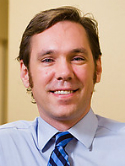 273
273Nash -
 779
779Berger -
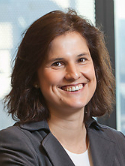 266
266Vakiani -
 31
31Pelossof -
 500
500Schultz -
 64
64Chen -
 69
69Khalil -
 356
356Garcia Aguilar -
 196
196Romesser -
 231
231Smith -
 70
70Ganesh -
 79
79Widmar -
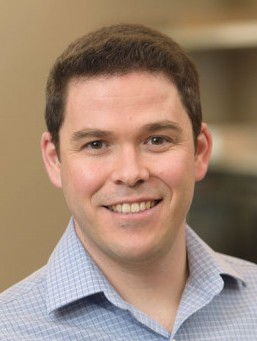 142
142Sanchez Vega -
 29
29Selcuklu -
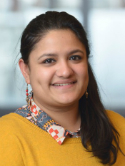 90
90Kundra -
 98
98Donoghue -
 108
108Chatila -
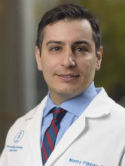 95
95Pappou -
 7
7Kim -
 68
68Wei -
 18
18Marco -
 44
44Ho -
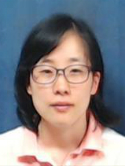 12
12Choi -
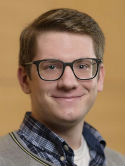 103
103Walch -
 19
19Wu -
 9
9Qu -
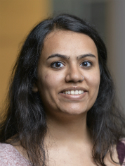 27
27Luthra -
 35
35Omer
Related MSK Work



